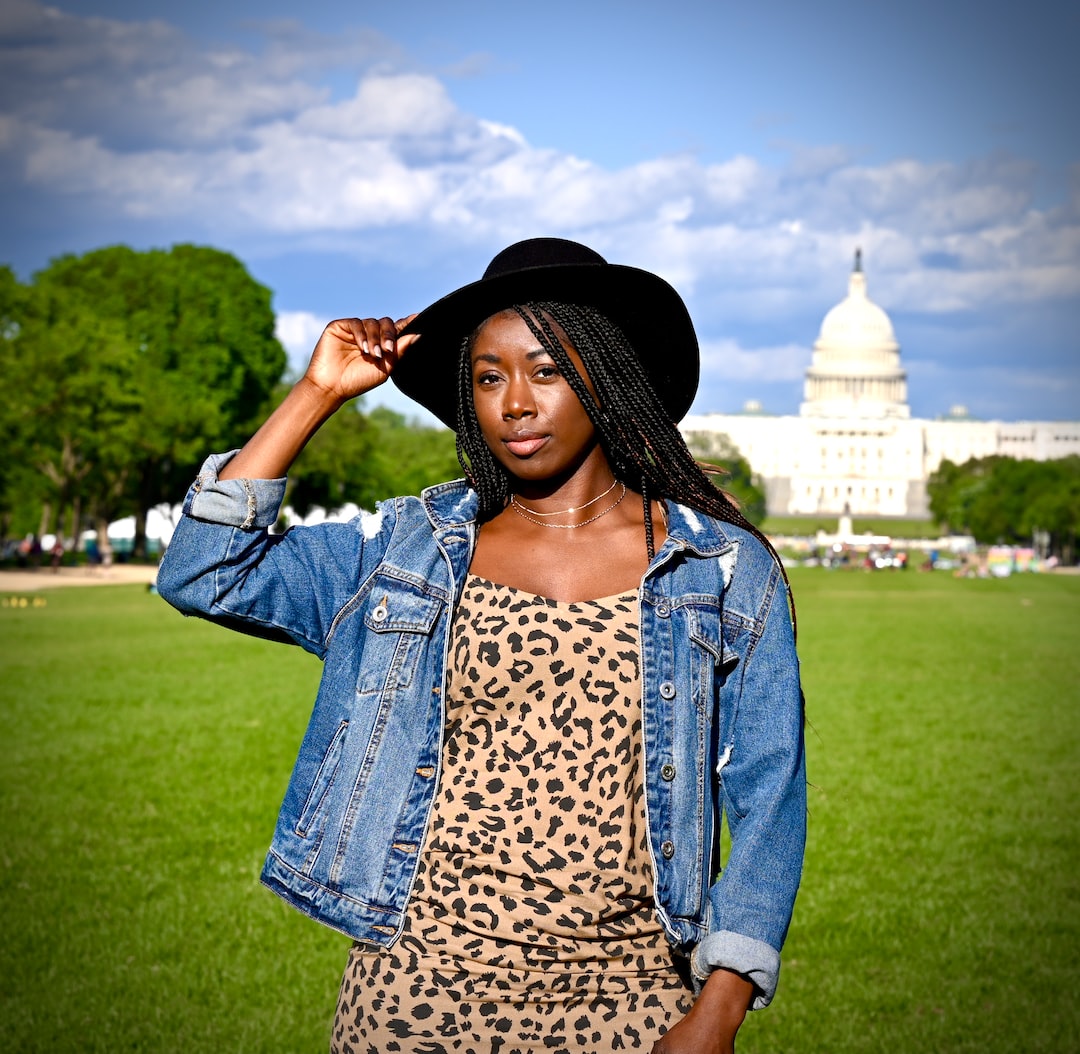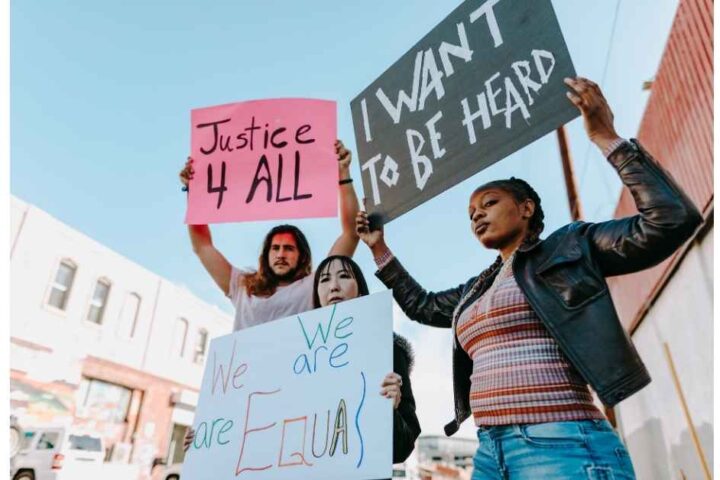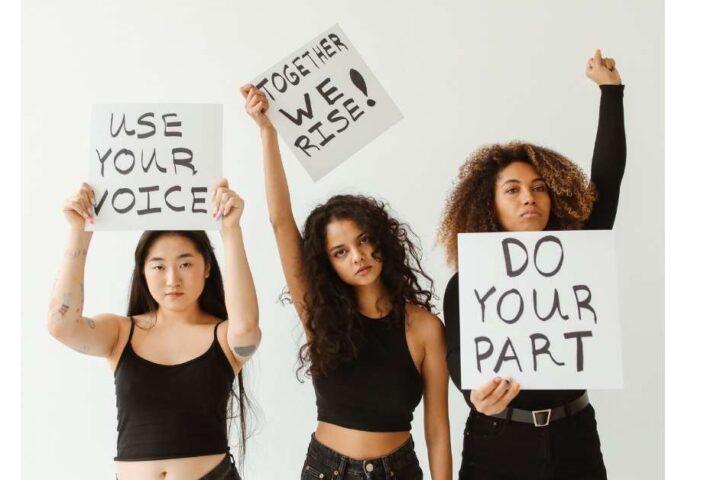Key Takeaways
– White people can indeed get braids, as braiding is a hairstyle that can be worn by anyone regardless of their race or ethnicity.
– Braids have a rich cultural history and significance in various cultures around the world.
– It is important to respect and appreciate the cultural origins of braids while also recognizing that hairstyles can be adopted and adapted by different communities.
– The decision to get braids should be based on personal preference and style, rather than cultural appropriation or insensitivity.
Introduction
Braids have been a popular hairstyle for centuries, with their origins dating back to ancient civilizations. While braids have deep cultural significance in many communities, there has been a debate surrounding whether white people can wear braids. In this article, we will explore the topic and shed light on the various aspects of white people getting braids. We will delve into the cultural history of braids, discuss the concept of cultural appropriation, and provide insights into the importance of respecting and appreciating different cultures.
The Cultural History of Braids
Braids have a rich cultural history that spans across different continents and civilizations. They have been worn by various ethnic groups for centuries, serving both practical and symbolic purposes. For example, in African cultures, braids have been used to signify social status, age, marital status, and even tribe affiliation. In Native American cultures, braids have been a symbol of strength, unity, and cultural identity. Similarly, in ancient civilizations like Egypt and Greece, braids were associated with royalty and power.
The Concept of Cultural Appropriation
Cultural appropriation is a term that has gained prominence in recent years, referring to the adoption or use of elements from one culture by members of another culture. It is important to approach the topic of white people getting braids with sensitivity and respect for the cultural origins of the hairstyle. Cultural appropriation occurs when elements of a marginalized culture are taken without understanding or appreciation for their significance, often leading to the erasure of the culture’s history and experiences.
However, it is essential to recognize that cultural exchange and appreciation can also occur when different communities share and celebrate each other’s traditions. The key lies in understanding the cultural context, showing respect, and avoiding the commodification or trivialization of cultural practices.
White People and Braids
The question of whether white people can get braids is often raised in discussions about cultural appropriation. While it is true that braids have deep cultural significance in many communities, it is also important to acknowledge that hairstyles can be adopted and adapted by different groups. The decision to get braids should be based on personal preference, style, and respect for the cultural origins of the hairstyle.
It is crucial for white individuals who choose to wear braids to educate themselves about the cultural significance and history behind the hairstyle. This includes understanding the different braiding techniques, the cultural contexts in which they originated, and the symbolism associated with them. By doing so, individuals can wear braids with appreciation and respect, rather than perpetuating cultural insensitivity or appropriation.
Respecting and Appreciating Different Cultures
Respecting and appreciating different cultures is essential when it comes to hairstyles like braids. It is crucial to recognize that cultural practices are not static and can evolve over time. As societies become more diverse and interconnected, cultural exchange becomes inevitable. However, it is important to approach this exchange with sensitivity and respect.
When considering getting braids, it is essential to engage in self-reflection and ask ourselves why we are drawn to this particular hairstyle. Is it because we appreciate its beauty and versatility, or is it because we are trying to appropriate a culture without understanding its significance? By being mindful of our intentions and educating ourselves about the cultural origins of braids, we can ensure that our choices are respectful and appreciative.
Conclusion
In conclusion, white people can indeed get braids. However, it is crucial to approach the topic with sensitivity, respect, and an understanding of the cultural history and significance of braids. Cultural appropriation is a complex issue, and it is important to avoid commodifying or trivializing cultural practices. By educating ourselves, appreciating different cultures, and wearing braids with respect, we can celebrate the beauty and diversity of hairstyles while promoting cultural understanding and inclusivity.









